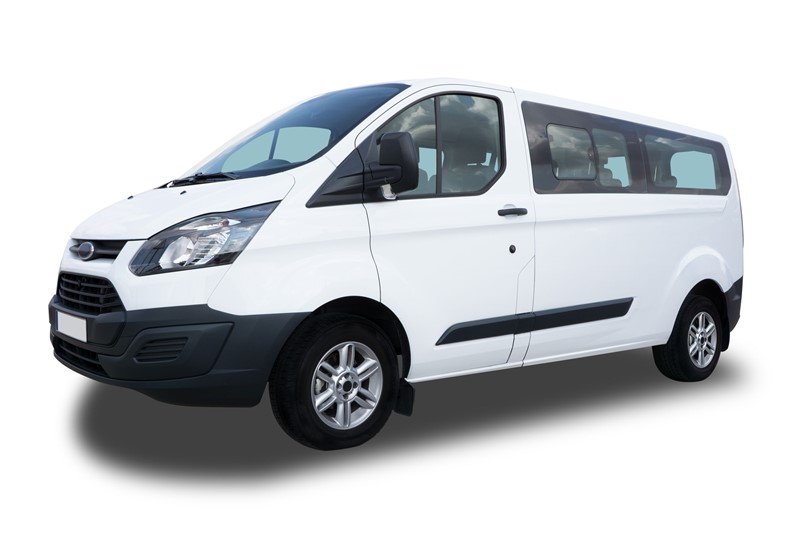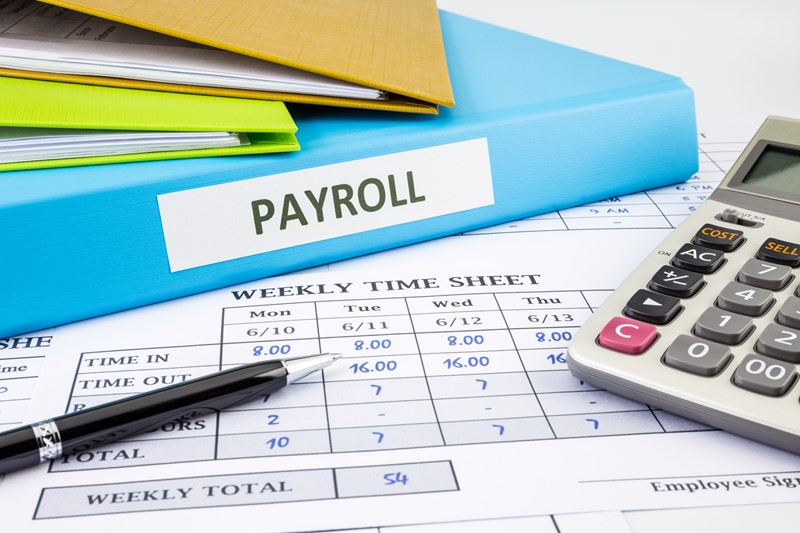The vehicle benefit charges for 2023-24 have been announced. Where employees are provided with fuel for their own private use by their employers, the car fuel benefit charge is also applicable. The fuel benefit charge is determined by reference to the CO2 rating of the car, applied to a fixed amount. The car fuel benefit charge will increase in 2023-24 to £27,800 (from £25,300). The fuel benefit is not applicable when the employee pays for all their private fuel use.
The standard benefit charge for private use of a company van will increase to £3,960 (from £3,600). A company van is defined as ‘a van made available to an employee by reason of their employment’. There is an additional van fuel benefit charge for a van with significant private use. The limit will increase in 2023-24 to £757 (from £688). If private use of the van is insignificant, then no benefit will apply.
Since 6 April 2021, the van benefit charge has been reduced to zero for vans that produce zero carbon emissions. This measure supports the governments climate change agenda by encouraging the uptake up of vans that emit zero carbon emissions.











